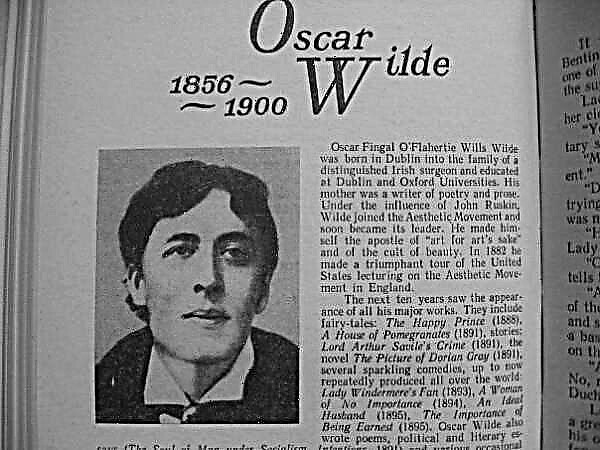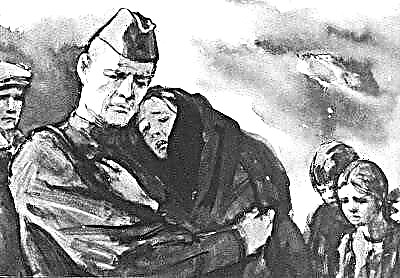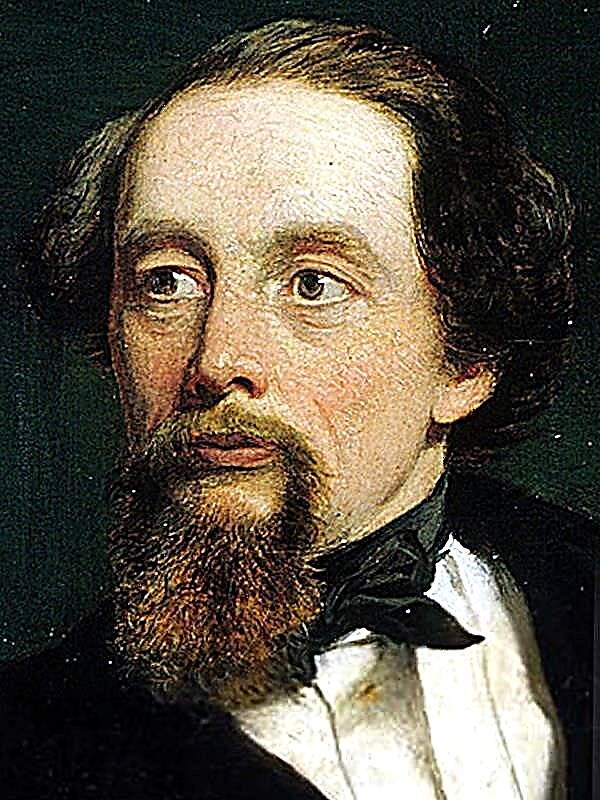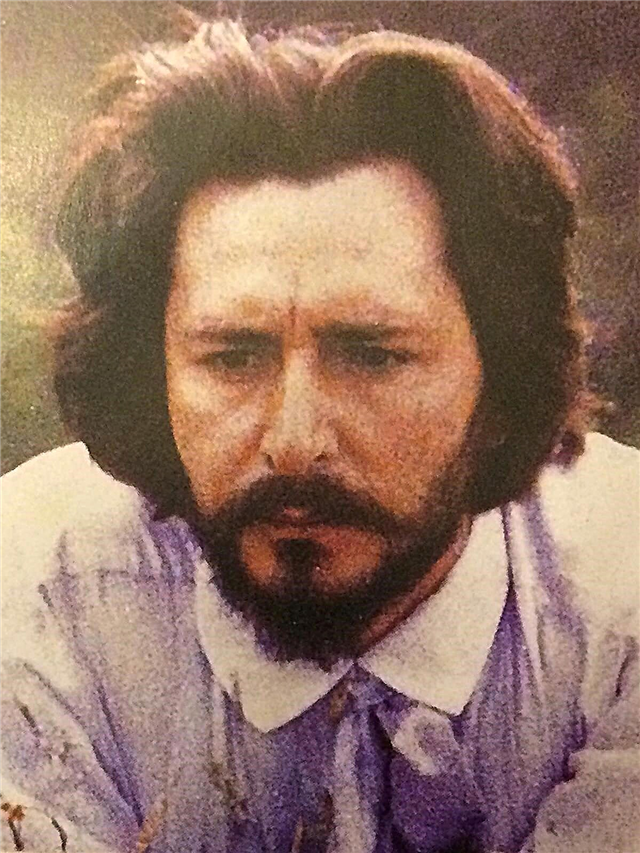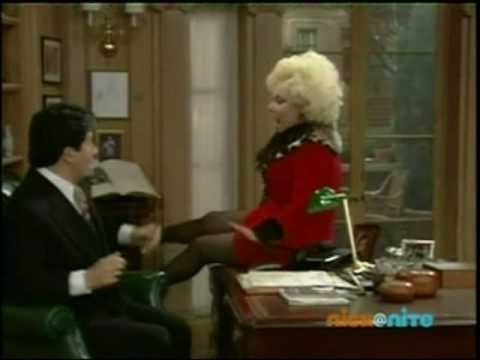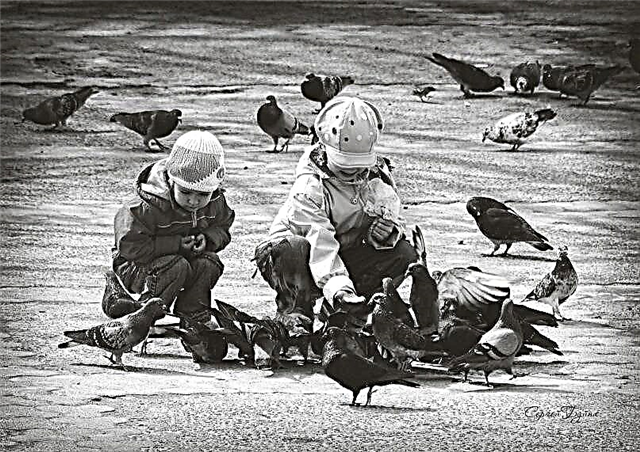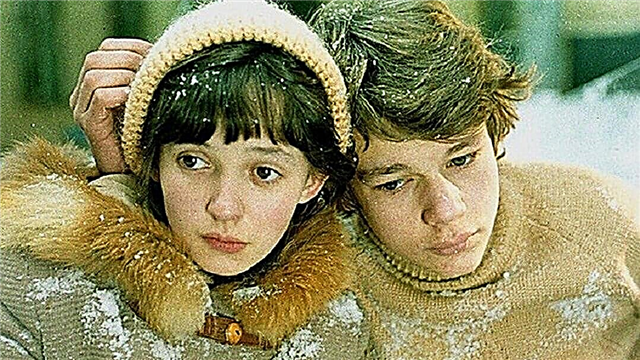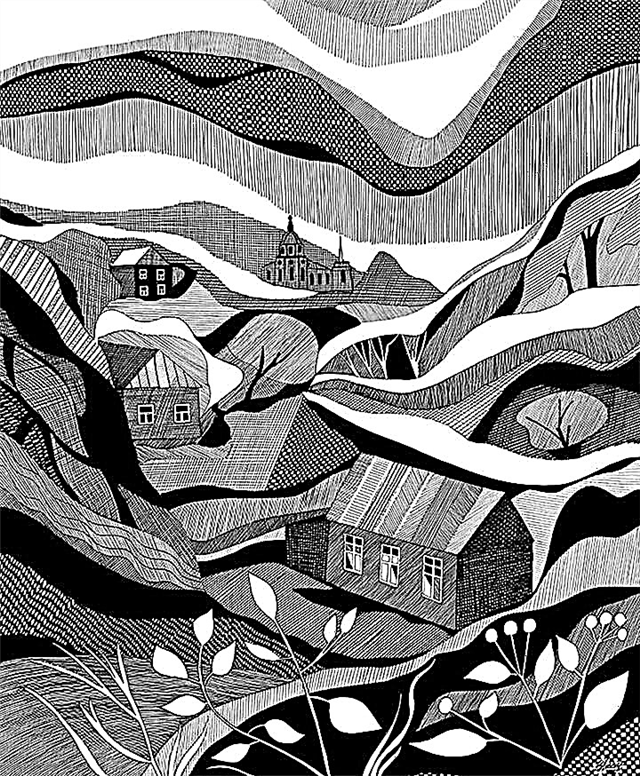The biblical king Solomon, who was building the Holy of Holies (the famous Jerusalem temple), needed the advice of Kitovras (Kitovras is a mythical creature, most likely a Centaur). Solomon sends his “first boyar” to catch Kitovras, who lives “in the far wilderness,” supplying him with a cunning plan, thanks to which they catch Kitovras: he pours wine in two wells, and honey in the third, hoping that it’s possible to get drunk with Kitovras will be easy to handle. Having drunk the wine from the well, Kitovras remarks: "Everyone who drinks wine will not become wiser," but he continues to drink, saying: "You are the wine that makes people heartful." When Kitovras is completely intoxicated, the boyar puts on him an iron hoop with a chain on which King Solomon wrote the spell of God’s name.
In addition to the addiction to wine and honey, Kitovras has another strange feature: he cannot walk “in a crooked way”, but only in a straight line. Therefore, when Kitovras “meekly” comes to Jerusalem, everything that hinders advancement is destroyed on his way. One widow, whose house was also supposed to be destroyed, begs him to go around her home. Kitovras tries to bend, but breaks a rib. At the same time, it is not known whether he was hurt or not, since Kitovras does not scream, but pronounces another aphorism: "The soft tongue of the bone breaks." At the auction, seeing a man who needs shoes for seven years, Kitovras laughs, he laughs at the sight of another person engaged in witchcraft, and after that he cries, looking at the wedding. Then Kitovras shows the right path to a drunk man.
Solomon turns out to be a man with weaknesses: on the first day he cannot meet with Kitovras because he “drank”, and on the second - because he overeaten. When the king cannot accept on the first or second day for such "good" reasons, Kitovras speaks with allegories, which only the king himself can understand. For example, when he learns that Solomon “drank” on the first day, Kitovras lays a stone on a stone, and Solomon realizes that he should “drink drink by drink”. When, on the third day, Solomon calls Kitovras, he measures the rod at four elbows, enters the king, bows and silently throws the rod before him. Solomon explains to everyone what this means: “God gave you the possession of the universe, but you were not filled; caught me too. ” Solomon objected to Kitovras, saying that he had caught him at the command of the Lord in order to build the “Holy of Holies”, since it was impossible to “clog the stones with iron” during the construction.
Kitovras really helps Solomon in the construction of the temple: he tells him that there is such a small bird "cocot" named Shamir. To this bird, according to the plan of Kitovras, Solomon sends his boyar with servants. Boyarin closes the nest with the chicks with “white” glass, and when Shamir flies in and sees that she can’t get to her chicks, she takes out the “tip” hidden earlier to break the glass. People scream away the bird, it drops its tool, with which they begin to put stones for the temple.
Thanks to the advice of Kitovras, the construction of the temple is being successfully completed. But before that, Solomon asked Kitovras for an explanation about his strange actions in the streets of Jerusalem, about the reasons for his laughter and tears. It turns out that the shrewd Kitovras laughed, knowing that a man who had been demanding shoes for seven years would die without having lived seven days, and he did not know to the wizards that there was a golden treasure under him. As for the wedding, the Kitovras sadness was caused by what he knew about the imminent death of the groom. The fact that this insight of Kitovras can come from God becomes clear when Kitovras shows the right path to a drunk man, explaining to Solomon: “I heard from heaven that that man was virtuous and should serve him.”
Kitovras stays with Solomon until the end of construction, after which Solomon smugly declares to Kitovras: "no more is your strength" human, "for I caught you." The cunning Kitovras answers Solomon: "... take off my chains and give me your ring <...> then you will see my strength." Here, wisdom finally refuses the Jewish king and gives way to curiosity. Solomon fulfills Kitovras's wish, then Kitovras with one wing throws him “to the edge of the promised land,” and only sages and scribes can find Solomon (people who did not have knowledge, of course, would not have found a king). After this, Solomon became afraid of Kitovras at night and surrounded himself with armed guards.


